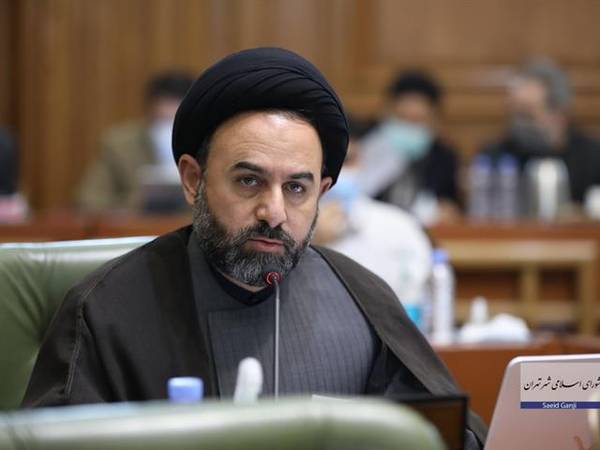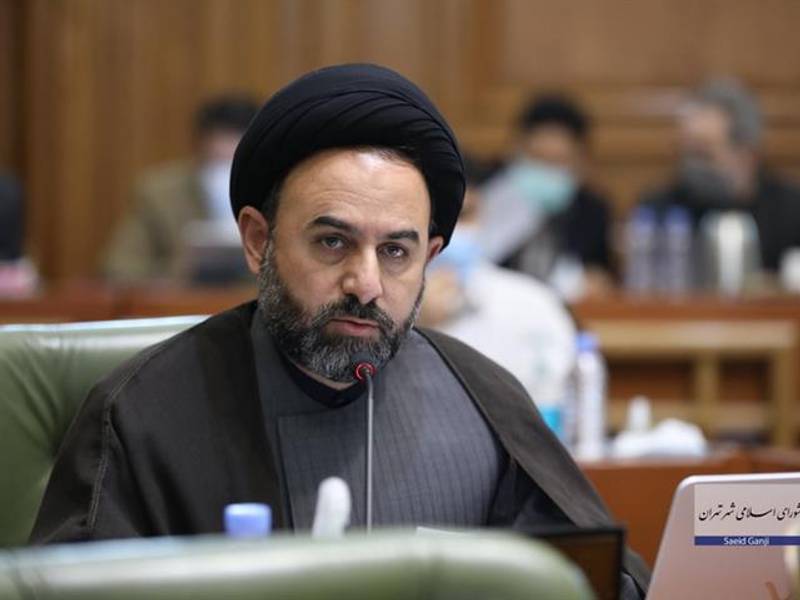Mohammad Aghamiri, a member of Tehran City Council, has ignited controversy by advocating the construction of at least one thousand additional mosques in the Iranian capital.
Aghamiri's statement comes amidst heightened criticism over a government initiative to convert parks into mosque grounds, drawing ire from citizens and sparking a broader debate on the allocation of public funds and urban planning.
Currently, Tehran hosts 2,100 mosques, with the highest concentration located in the southern part of the city, according to Aghamiri. However, he claimed that “while the municipality assists in construction efforts, it does not directly undertake mosque building projects.”
The proposal has garnered public outrage, particularly following the revelation of construction plans in Qeytarieh Park, situated in northern Tehran. Images circulated online depicting the fencing off of park sections and tree removals.
Critics argue that parks serve as crucial gathering spaces for communities and are essential for public recreation, while mosques, once viewed as centers of worship, are increasingly being perceived as instruments of state control and suppression. Reports suggest that during recent protests, mosques have been utilized as staging grounds for security forces, exacerbating concerns over civil liberties and government overreach.
In response to mounting dissent, concerned Iranians have launched an online petition urging intervention from key authorities to halt the mosque construction projects. The petition underscores Tehran's pressing environmental challenges, such as air pollution, and stresses the need for prioritizing green spaces and tree preservation.
The controversy unfolds against a backdrop of declining mosque attendance nationwide, as highlighted by senior clerics and government officials. The closure of thousands of mosques due to dwindling congregations has raised questions about the efficacy of expanding mosque infrastructure in the face of shifting societal dynamics.

